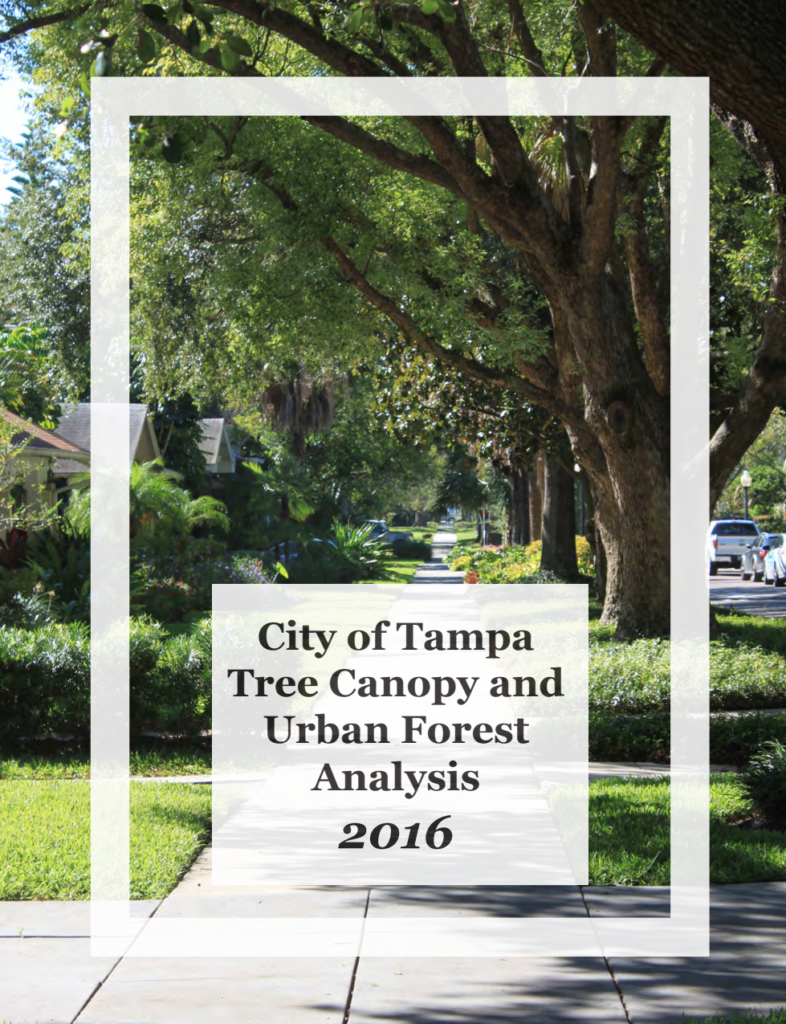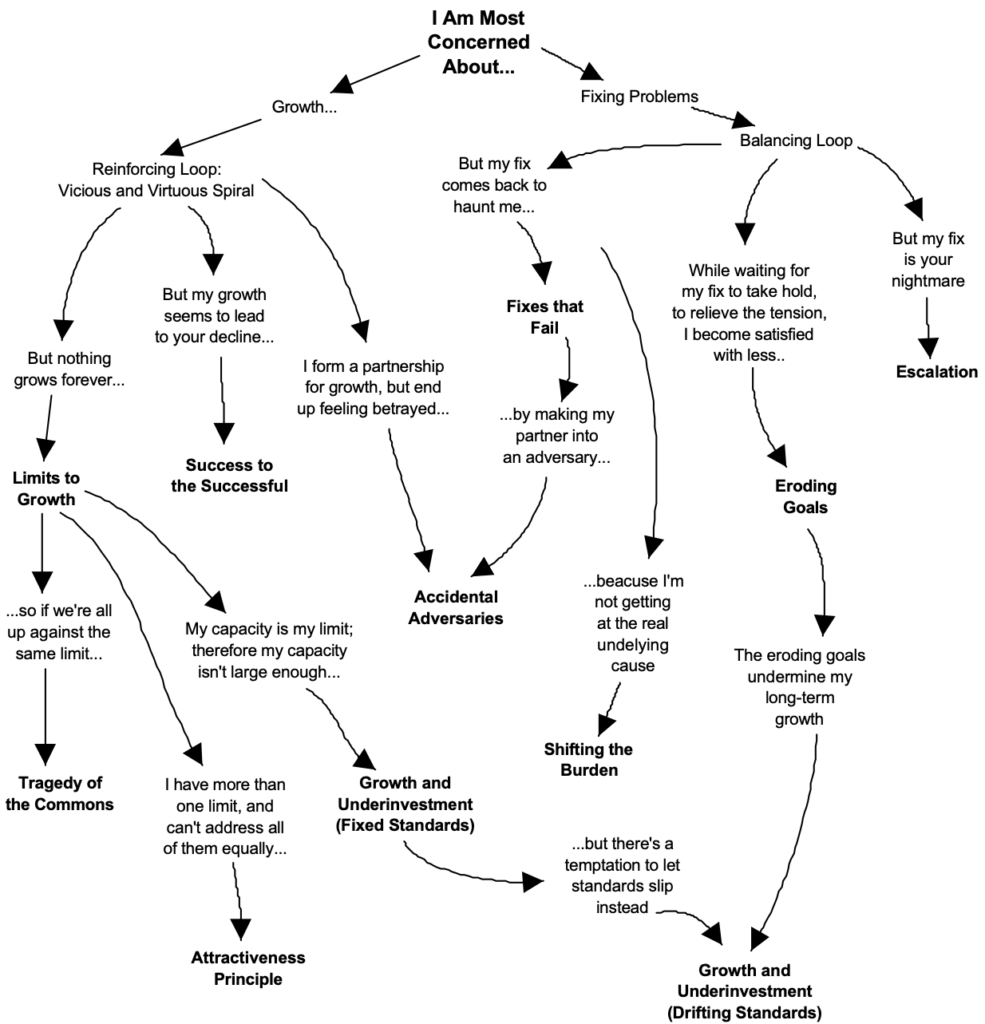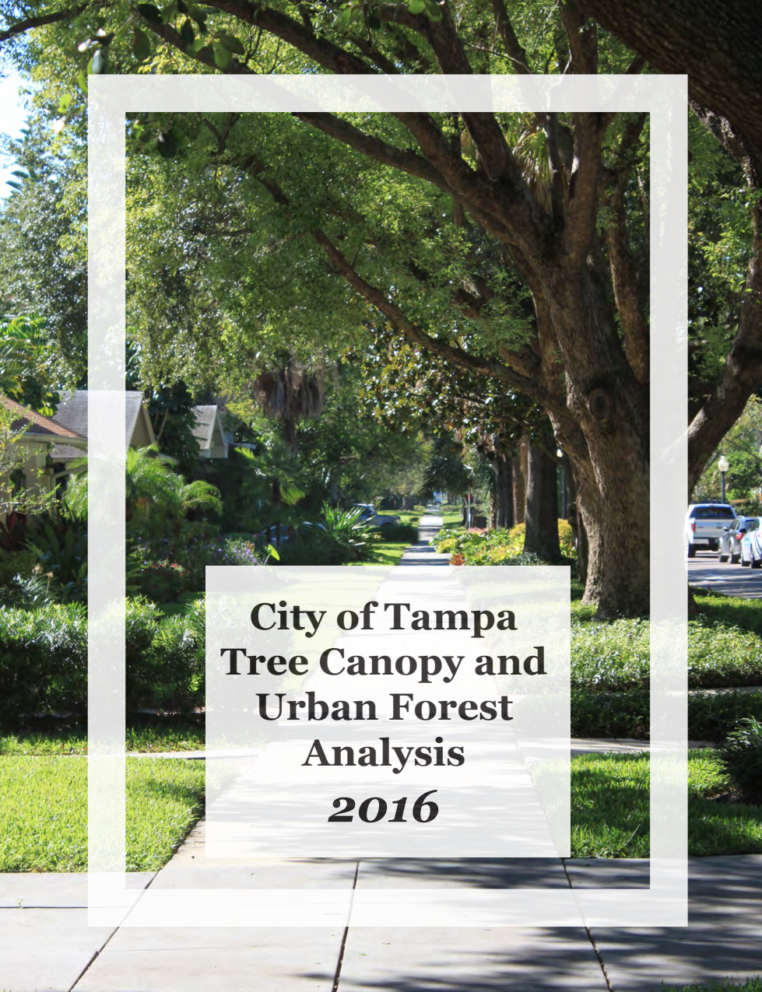by Daniel Delgado
For our Strong Coasts Engaged seminar on 2/18/19, two of the program mentors, Dr. Shawn Landry and Dr. Qiong Zhang came discussed their work with us. Dr. Landry talked on his urban forest and environmental equity work, focusing on tree coverage in Tampa. While talking about tree coverage and how it is mapped, we talked about the different tools and methods available to map our areas of research, not only as they relate to tree coverage, but also watersheds, coral coverage, or whatever it is we wish to spatially investigate. This tied into his Statewide Ecosystem and Assessment of Coastal and Aquatic Resources (SEACAR) database and how there is a lot of information out there, but unfortunately many of these compilers of data use different systems. Part of the problem lies with translating the data. He closed by talking about how to use the available data and maps to communicate our science.

Dr. Landry left the following articles with us:
- Assessing the potential of multi-seasonal high resolution Pléiades satellite imagery for mapping urban tree species
- What’s scale got to do with it? Models for urban tree canopy?
- Using Net Wetland Loss, Current Wetland Condition, and Planned Future Watershed Condition for Wetland Conservation Planning and Prioritization, Tampa Bay Watershed, Florida
- Urban trees, house price, and redevelopment pressure in Tampa, Florida
- Human and biophysical legacies shape contemporary urban forests: A literature synthesis
Dr. Zhang talked about the different types of modeling tools she incorporates in her sustainability assessment work. I am currently taking Dr. Zhang’s Green Engineering course and what I love about it, much like she did today, is how she incorporates systems thinking and modeling in everything she does, even using it to teach life lessons about our patterns of behavior and the leverage points to change them as needed. My main takeaway was that there is an archetype, a repeating pattern, in the problems we wish to change in the world and inside ourselves and how understanding these archetypes and mapping them out is the first of many steps.

Some articles that Dr. Zhang discussed:
Your Future Self Will Thank You: Secrets to Self-Control from the Bible and Brain Science (A Guide for Sinners, Quitters, and Procrastinators)
https://www.albany.edu/faculty/gpr/PAD724/724WebArticles/sys_archetypes.pdf


Comments are closed.